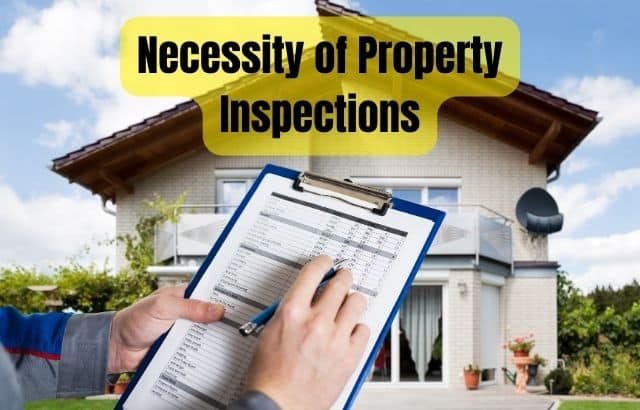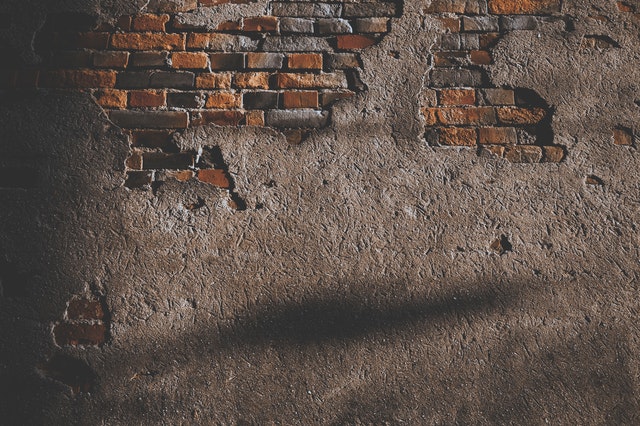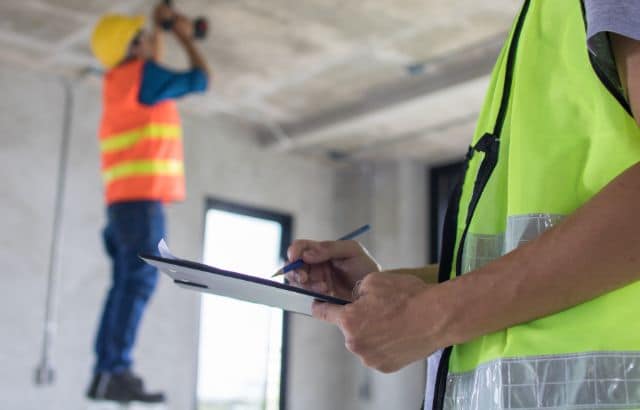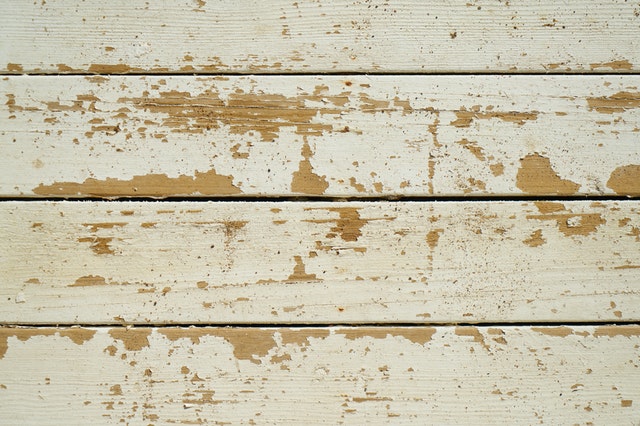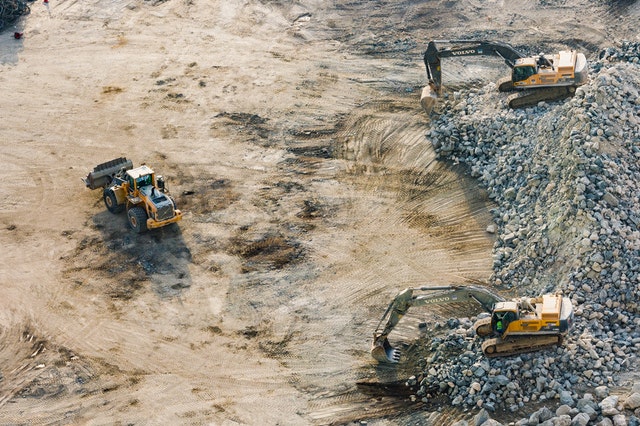Property ownership is a significant investment, whether it’s a home, rental property, or commercial building. Ensuring the safety, compliance, and overall well-being of these properties is paramount. One of the key tools in achieving this is regular property inspections. In this blog, we’ll delve into why property inspections are indispensable, exploring their multifaceted benefits and the peace of mind they offer to property owners and occupants alike.
When investing in a new home, whether you are looking at a house, apartment or strata unit, it is essential first to check if everything is good with your chosen purchase. There could be many defects and issues prevalent in properties that have been put up for sale, irrespective of whether they are brand new or old. Most of these issues are not detectable during a visual inspection of the property. This is why you should get professionally qualified, experienced and certified inspectors to carry out certain inspections prior to deciding to buy, says celebrated Real estate Strategist cum Real Estate Business TURNAROUND Specialist Hirav Shah.
Table of Contents
Importance of Property Inspections:
- Safety and Compliance: Property inspections help identify potential hazards such as structural weaknesses, electrical issues, or fire risks, ensuring that the property meets safety standards and regulatory requirements.
- Preventing Costly Repairs: By detecting maintenance issues early on, property inspections can prevent minor problems from escalating into major, expensive repairs, ultimately saving property owners significant time and money.
- Protecting Property Value: Regular inspections help maintain the property’s value by addressing issues promptly, preserving its structural integrity, and enhancing its curb appeal.
Benefits Beyond Maintenance:
- Legal Compliance: Property inspections ensure that landlords and property managers comply with local regulations and rental laws, reducing the risk of legal disputes and liabilities.
- Tenant Satisfaction: Proactive property inspections demonstrate a commitment to tenant safety and well-being, leading to higher tenant satisfaction, retention rates, and positive word-of-mouth referrals.
- Insurance Requirements: Many insurance policies require regular property inspections as a condition for coverage. Compliance with these requirements can help mitigate risks and ensure smooth claims processing in the event of an unforeseen incident.
Adapting to Modern Practices:
- Integration of Technology: Leveraging digital tools and software solutions streamlines the inspection process, enhances accuracy, and provides comprehensive documentation for future reference.
- Environmental Concerns: Property inspections can also address environmental factors such as mold, asbestos, or lead-based paint, safeguarding both the property and its occupants from potential health risks.
Hirav Shah says, “There can be many problems with a property such as structural issues, plumbing issues, electrical issues, pests, as well as not conforming to local regulations and laws, and all these can cause a huge problem for buyers if a property is not properly checked before buying, costing you a lot of money to get the problems fixed later on. This is not something that you want to go through soon after buying a new home. After all, you have already spent the majority of your money on the investment, and soon after, you need to find more money for repairs? Who wants that? In addition, knowing there are any defects in the property will give you bargaining power, and you can negotiate on the price with the seller or even include clauses where the seller will rectify these issues before any money ever changes hands.”
So, here are the inspections, according to Hirav Shah, you should get done before purchasing your new home?
List of inspections Before Buying A Property
Home and Building property Inspections
Building and home inspections are important for those looking to buy a new home (or even a commercial building) and should be conducted by a professional who is well experienced in the matter. They can provide you with good insights into the defects that could be prevailing in the property. These inspectors will not only detect the defects that there may be, but suggest what course of action should be taken to rectify the issues as well. Since most of these problems are not visible to you and me, we need professionals who are trained in such matters and who can detect underlying issues that may be there in the property and provide you with an in-depth report on the same. These inspectors, however, will not provide estimates for repairs to home buyers, as those should be taken from proper contractors. They will check areas such as:
- The foundation.
- Roof.
- Attic.
- Basement.
- Ceiling and walls.
- Floors.
- Electrical system.
- Plumbing system.
- HVAC system (heating, ventilation, and air conditioning).
- Doors and windows.
- Garage.
- Walkways and driveways.
- Porches, balconies etc.
Timber Pests Inspections
Timber pest inspections are also a very important pre-purchase inspection to be carried out since Australia is home to many pests such as termites and borers and the damage done by them may not be visible to anyone until a disaster happens. Termites especially can destroy the entire inside of timber, and no one would notice it since they leave a thin veneer that covers the damage done by them, but internally the strength and density of the timber reduces and can cause serious damage and safety hazards, especially if it is a timber that is used for structural purposes. These pests can damage structural timber, other timber laden areas of the house such as decks, and also furniture and other wooden items. Pest infestations can spread very fast, and one infested house in the neighborhood could mean that several houses in that area are already infested. Following a timber pest inspection, the inspectors will make recommendations as to what should be done if any are found on the property, or they would recommend preventive measures that can be taken. During a timber pest inspection, the inspectors will look for the following:
- Pest infestations and nests.
- Damages caused by timber pests.
- Areas conducive to pest infestations.
Pool Safety Inspection
A pool inspection is necessary if you are purchasing a home with a swimming pool to check if it adheres to local regulations in terms of pool safety. If it does, the local council will issue a certificate of compliance to the owner, and if not, even though the seller can still sell the property, the buyer will be held responsible for rectifying any safety issues that may arise during an inspection, and this can cost quite a bit of money. Hence it is always best to check if the seller has got a valid compliance certificate for the pool before deciding on your purchase. During a pool inspection, a certified inspector will check the following:
- Check the pool deck and liner and the general condition of the pool.
- Check for leakages.
- Check the fencing and gates to see if they conform to standards and if the latches on gates are working properly.
- Check the hardware of the pool, such as ladders etc., to ensure they are secure.
- Check pool equipment such as filter etc., as well as heating systems.
- Check that proper signage has been placed in visible areas.
Strata Inspection
A strata inspection is usually done if you are interested in purchasing an apartment or strata unit, and the inspector will check all aspects of the strata scheme or building, from the current to history of the building and its structure, including repairs, the making of the owner’s corporation, financials, legal issues and other rules and regulations. This report is very comprehensive and is invaluable in your decision-making process.
As you can see, a lot goes into the decision to buy a new home for yourself because you are investing a considerable amount of money on it, and as such, you need to ensure that your investment is secure and free from defects that could cause even greater expenses later on. It is recommended to get the help of an accredited inspection company that has sufficient experience to carry these out and does their inspections to your advantage rather than the sellers.
In conclusion, Hirav Shah, renowned for his expertise in business turnaround and value acceleration, emphasizes an additional layer of insight into property management. While property inspections are vital for safeguarding investments and ensuring compliance, Hirav Shah suggests consulting an experienced property astrologer for guidance on aspects beyond conventional inspections. With a careful study of horoscopes and property analysis, a proficient property astrologer can offer invaluable advice on property purchases, highlight potential risks, and even predict optimal times for investment. Incorporating both practical inspections and astrological guidance, property owners can optimize their investments, mitigate risks, and ensure long-term success. So, whether you’re a homeowner, landlord, or property manager, consider integrating the wisdom of Hirav Shah, the man behind many globally successful brands, into your property management strategy for enhanced prosperity and peace of mind.

